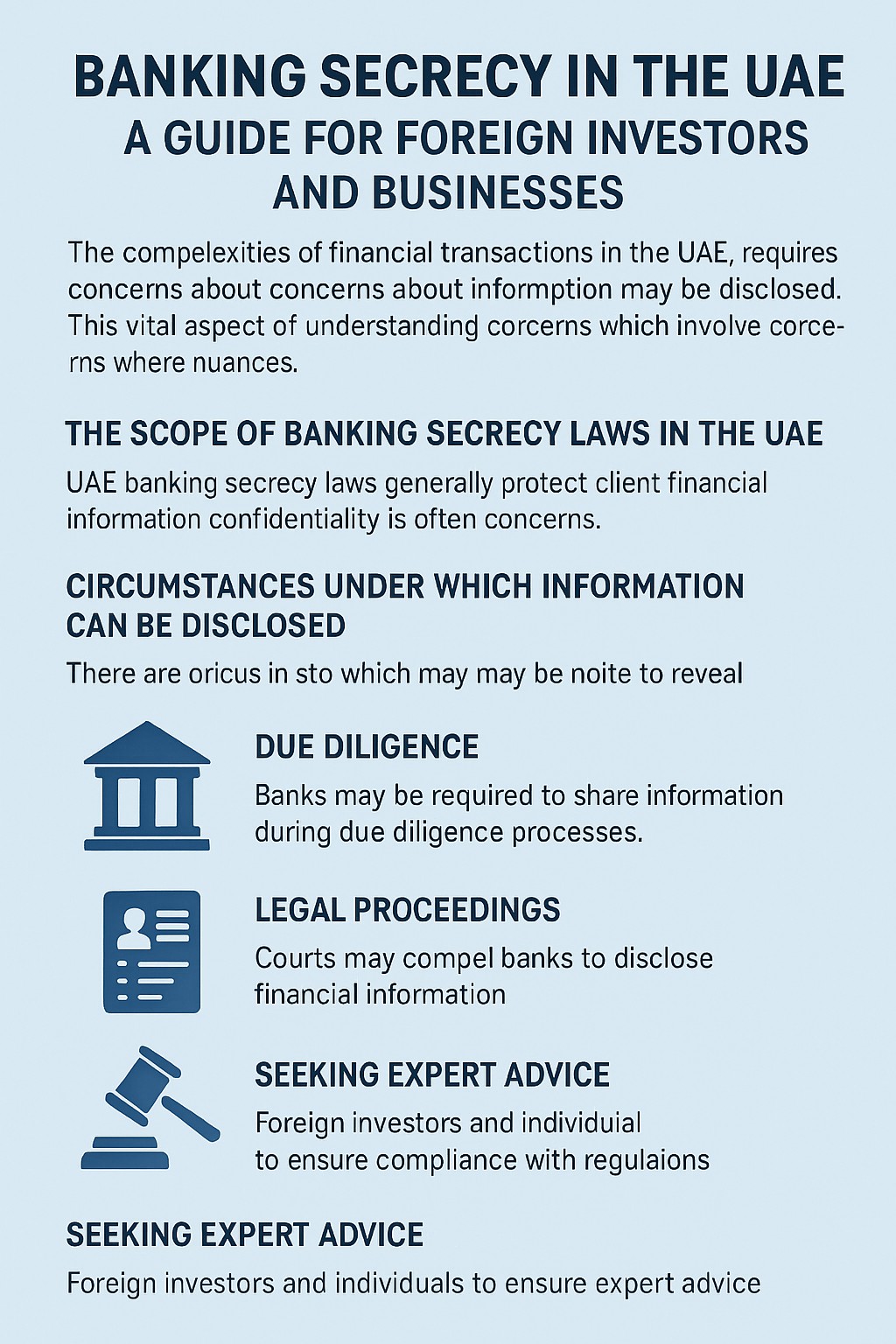Published: Aug. 12, 2024
Last Updated: Nov. 30, 2024

Islamic banking and finance are governed by principles derived from Sharia (Islamic law), which aim to ensure that financial transactions are conducted in a manner consistent with the ethical, social, and religious values of Islam. These principles differentiate Islamic finance from conventional banking systems and form the foundation of all financial products and services offered within this sector. Below are the core principles that underpin Islamic banking and finance.

One of the most fundamental principles of Islamic finance is the prohibition of riba, which refers to any guaranteed interest on loans or deposits. According to Sharia, money has no intrinsic value and should not generate profit merely by being lent out. Instead, wealth should be created through legitimate trade and investment in assets. This principle ensures that profits are derived from productive activities rather than from the exploitation of borrowers.
In practice, Islamic banks avoid interest-based transactions by utilizing alternative structures such as profit-sharing (Mudarabah) or cost-plus financing (Murabaha). These structures allow for the sharing of risk and reward between the parties involved, aligning with the ethical standards of fairness and justice.
Islamic finance promotes risk sharing, where all parties involved in a financial transaction share the risks and rewards. This principle is closely linked to the prohibition of riba, as it encourages cooperation and mutual benefit rather than the transfer of risk to one party (such as the borrower).
For example, in a Mudarabah contract, an investor provides capital to an entrepreneur who manages a business venture. If the venture is successful, profits are shared according to a pre-agreed ratio. However, if the venture incurs losses, the investor bears the financial loss, while the entrepreneur loses their time and effort. This principle ensures that both parties have a vested interest in the venture's success, promoting a more equitable distribution of wealth.
Islamic banking emphasizes the importance of real economic activity and discourages speculative transactions. As a result, all financial transactions must be backed by tangible assets or services. This principle ensures that financial activities are linked to actual economic output and contribute to the real economy.
In Islamic finance, contracts such as Murabaha (cost-plus financing) and Ijara (leasing) are commonly used to facilitate asset-backed transactions. In a Murabaha contract, the bank purchases an asset on behalf of the client and sells it to them at a marked-up price, with the payment typically made in instalments. The asset serves as the underlying basis for the transaction, ensuring that it is grounded in real economic value.
Islamic finance prohibits transactions that involve excessive uncertainty or ambiguity, known as gharar. This principle ensures that all parties involved in a financial transaction have a clear understanding of the terms and conditions, minimizing the risk of exploitation or harm.
For instance, contracts with vague terms or speculative investments where the outcome is uncertain are considered non-compliant with Sharia. Islamic banks are required to ensure that all financial contracts are transparent and based on full disclosure of relevant information, protecting the interests of all parties involved.
Another core principle of Islamic finance is the prohibition of engaging in or financing activities that are considered haram (unlawful) under Sharia. This includes activities related to alcohol, gambling, pork products, and other industries that are deemed unethical or harmful to society.
Islamic banks must carefully screen and select their investments and business ventures to ensure compliance with Sharia principles. This ethical approach to finance promotes socially responsible investing and supports the development of industries that contribute positively to society.
Islamic finance is deeply rooted in the concepts of social justice and ethical responsibility. The principles of Islamic finance encourage the equitable distribution of wealth and aim to reduce poverty and inequality. This is achieved through various mechanisms such as Zakat (mandatory charitable giving), Qard al-Hasan (interest-free loans), and the prohibition of exploitative practices.
Zakat, one of the Five Pillars of Islam, requires Muslims to give a portion of their wealth to those in need. Islamic financial institutions often play a role in collecting and distributing Zakat, reinforcing the sector's commitment to social welfare.
All financial products and services in Islamic banking must comply with Sharia principles. This compliance is ensured through the oversight of a Sharia board, which is a panel of Islamic scholars with expertise in finance and Islamic law. The Sharia board reviews and approves all financial transactions and contracts to ensure they adhere to Islamic principles.
The presence of a Sharia board assures consumers and investors that the financial products they are engaging with are ethical, transparent, and by their religious beliefs.
The core principles of Islamic banking and finance prohibition of riba, risk sharing, asset-backed financing, prohibition of gharar, avoidance of haram activities, social and ethical responsibility, and Sharia compliance create a financial system that is ethical, equitable, and socially responsible. These principles not only differentiate Islamic finance from conventional banking but also ensure that financial transactions contribute positively to society, fostering economic stability and social justice. As Islamic finance continues to grow globally, these principles remain at the heart of its operations, guiding its development and ensuring its integrity.
The core principles of Islamic banking and finance—prohibition of riba, risk sharing, asset-backed financing, prohibition of gharar, avoidance of haram activities, social and ethical responsibility, and Sharia compliance—create a financial system that is ethical, equitable, and socially responsible. These principles not only differentiate Islamic finance from conventional banking but also ensure that financial transactions contribute positively to society, fostering economic stability and social justice. As Islamic finance continues to grow globally, these principles remain at the heart of its operations, guiding its development and ensuring its integrity. Banking lawyers in Dubai, well-versed in Islamic finance principles and regulations, play a crucial role in advising clients and structuring transactions that comply with Sharia law, ensuring the continued growth and credibility of Islamic finance. Their expertise helps navigate the complex legal landscape, facilitating innovative financial solutions that align with Islamic values and principles.











